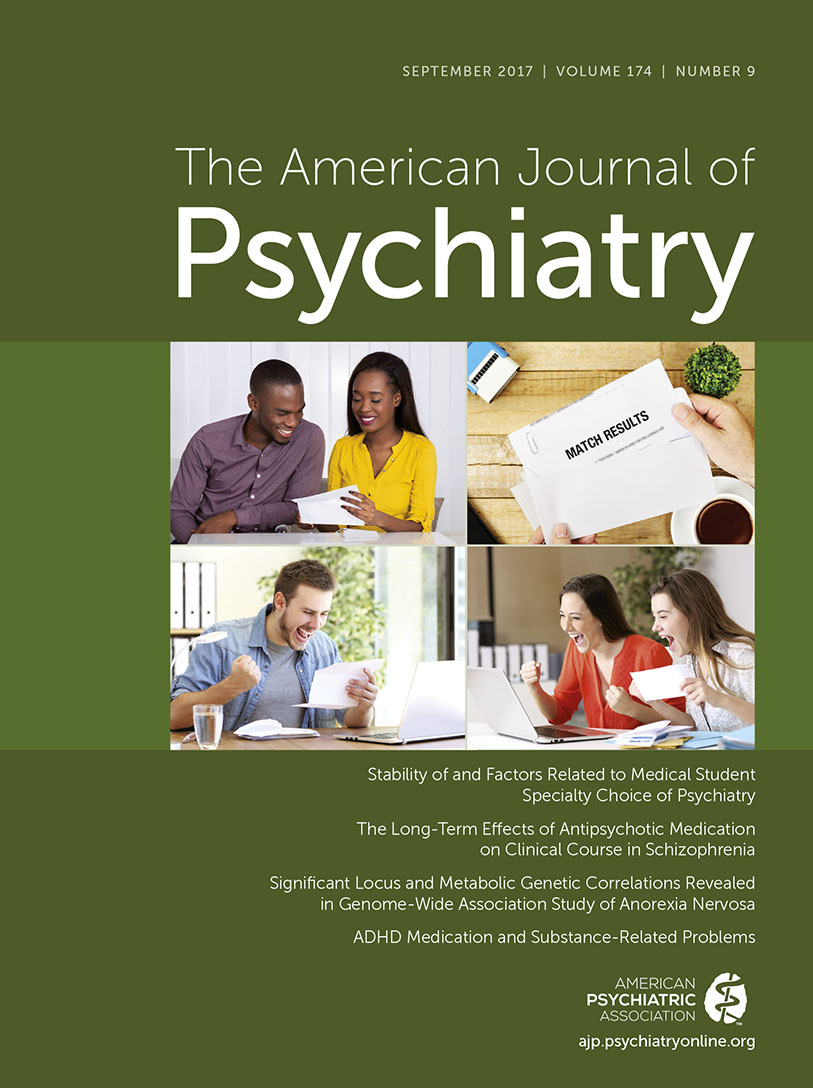The Long-Term Effects of Antipsychotic Medication on Clinical Course in Schizophrenia
Abstract
Concerns have been raised that treatment with antipsychotic medication might adversely affect long-term outcomes for people with schizophrenia. The evidence cited for these concerns includes the association of antipsychotic treatment with brain volume reduction and with dopamine receptor sensitization, which might make patients vulnerable to relapse and illness progression. An international group of experts was convened to examine findings from clinical and basic research relevant to these concerns. Little evidence was found to support a negative long-term effect of initial or maintenance antipsychotic treatment on outcomes, compared with withholding treatment. Randomized controlled trials strongly support the efficacy of antipsychotics for the acute treatment of psychosis and prevention of relapse; correlational evidence suggests that early intervention and reduced duration of untreated psychosis might improve longer-term outcomes. Strategies for treatment discontinuation or alternative nonpharmacologic treatment approaches may benefit a subgroup of patients but may be associated with incremental risk of relapse and require further study, including the development of biomarkers that will enable a precision medicine approach to individualized treatment.



